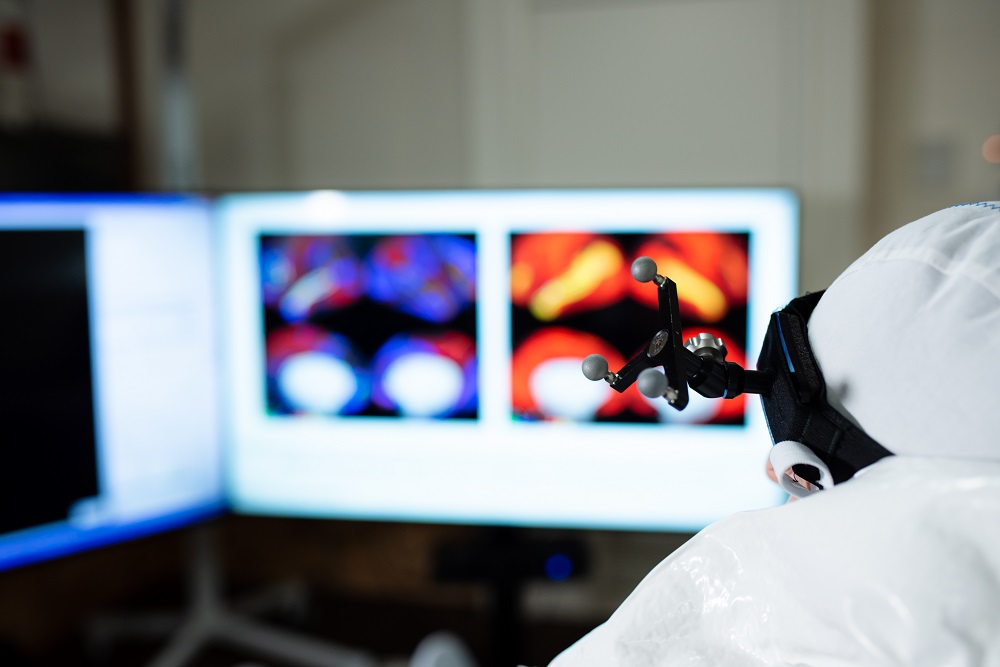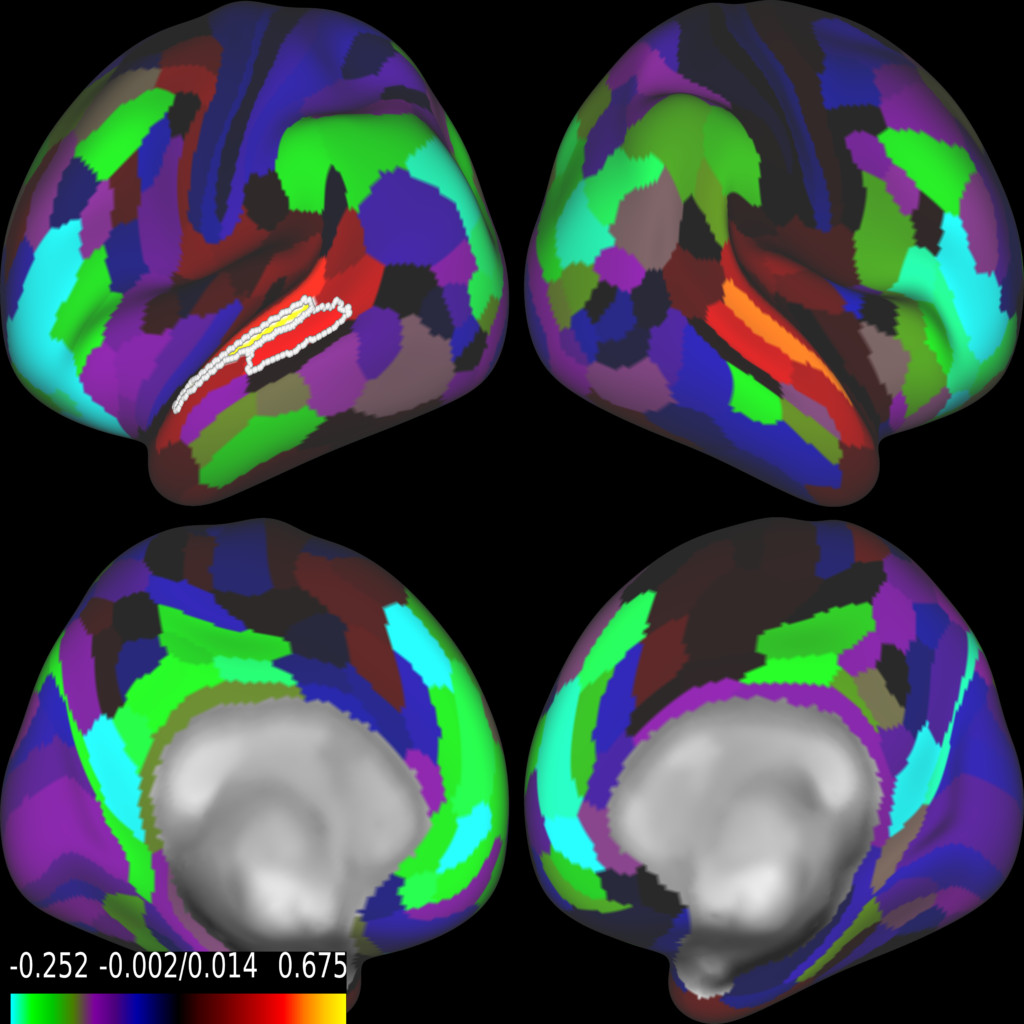
Contact Us

Concussions are a common type of brain injury that can lead to serious, long-lasting effects, especially when left untreated or repeated over time.
Whether caused by a sports-related hit or a sudden fall, concussions disrupt normal brain function. They may contribute to ongoing symptoms such as memory issues, mood changes, or difficulty concentrating.
At Neurotherapeutix, we specialize in advanced concussion treatment, offering non-invasive fMRI-guided TMS therapy to restore brain connectivity and promote recovery.
If you’re searching for effective concussion specialists in New York, contact us or keep reading to learn how we help individuals heal after traumatic brain injury.
A concussion is a form of mild traumatic brain injury (mTBI) typically caused by a blow, jolt, or rapid shaking of the head.
This trauma temporarily affects how the brain functions and can lead to a range of physical, emotional, and cognitive symptoms.
Unlike what many believe, a concussion does not always involve loss of consciousness. Some people may feel fine immediately after the incident, only to develop symptoms hours or days later.
Concussion symptoms can vary depending on the severity of the injury and the areas of the brain affected.
Common signs include:
Symptoms may last for days, weeks, or longer. When symptoms persist beyond the typical recovery window, it may indicate post-concussion syndrome.
For many individuals, a concussion feels like a lingering fog or disconnection from their normal state.
With this condition, people often report:
These issues can significantly interfere with work, school, and daily functioning, making professional care essential.
While sports like football, boxing, and hockey are common sources of sports-related concussions, other causes include:
In children and teens, concussions can also result from playground injuries or unsupervised rough play. Repeated trauma, even if mild, can contribute to chronic traumatic encephalopathy (CTE) over time.
Post-concussion syndrome occurs when concussion symptoms last for weeks or months beyond the expected recovery time. Individuals with PCS may experience:
At Neurotherapeutix, we treat PCS in New York by identifying the specific brain networks impacted and applying personalized neuromodulation to support recovery.
Traditional imaging techniques like X-rays, CT scans, and MRIs typically show no signs of brain damage after a concussion. That’s because the injuries are often microscopic and involve subtle changes in brain function, not structure.
These include:
These changes go undetected without advanced tools, leaving patients without clear answers or a treatment path.


At Neurotherapeutix, we use resting-state functional MRI (rsfMRI) to detect the invisible. This high-resolution imaging technique shows how brain regions communicate—or fail to—by tracking real-time connectivity patterns.
Through rsfMRI, we can:
Our technology captures activity changes down to the size of a grain of rice, revealing injuries that other scans cannot.
Transcranial magnetic stimulation (TMS) is a non-invasive medical service that uses magnetic pulses to stimulate underactive or damaged brain areas.
While standard TMS has shown success in treating concussion symptoms like headaches, disorientation, or fatigue, our approach takes it a step further.
At Neurotherapeutix, we combine TMS with real-time fMRI brain mapping to:
This fMRI-guided TMS system lets us personalize treatment based on your unique brain activity, making it more effective than standard one-size-fits-all protocols.

Athletes who play contact sports, particularly football, may be at increased risk for repeated head trauma. This can lead to football concussion disorder and, in some cases, early-onset cognitive decline associated with CTE.
We help former and current athletes identify early signs of lasting brain changes and offer therapy designed to:
If you’re an athlete with a history of concussion, early evaluation and intervention can make a critical difference.
Neurotherapeutix proudly offers concussion treatment in New York, combining neuroscience, precision imaging, and compassionate care.
Whether you’re facing the effects of a recent concussion or struggling with post-concussion syndrome, our team is here to help.
We provide personalized treatment plans for:
If you’re looking for a concussion specialist in NYC, consider Neurotherapeutix.
Our fMRI-guided TMS therapy is reshaping how brain injuries are understood and treated, offering hope for long-term symptom relief.
Request an appointment or contact us to schedule your personalized evaluation.

Call us at (917) 388-3090 or click to request a regular or telehealth appointment.
Neurotherapeutix
171 East 74th Street, Unit 1-1 New York, NY 10021

Neurotherapeutix is the leading clinic for functional imaging guided transcranial magnetic stimulation (TMS), a safe, innovative, and non-invasive methodology for treating a wide range of acute and chronic mental disorders and brain injuries. Our advanced fMRI technology allows us to map the brain for the… Learn More »
By: Neurotherapeutix NYC
Reviewed By: Marta Moreno, Ph.D
Published: March 24, 2023
Last Reviewed: September 27, 2024
QUICK INQUIRY
Contact us to get an estimate for your medical services requirements. You can fill in the form to specify your medical requirements or you can call us directly.